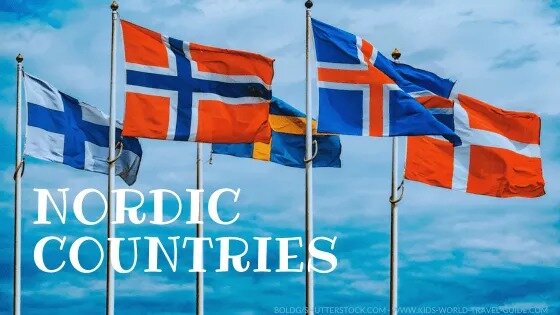Will the welfare state in Europe be transformed?

Sweden and Finland’s accession to the North Atlantic Treaty Organization (NATO) entails both potential and actual risks that will challenge the socio-economic structure of the welfare state in Scandinavia and the broader Nordic region.
Today, all four northern European countries—Sweden, Norway, Finland, and Denmark—are NATO members and, on this basis, are bound by the economic and security decisions made across the Atlantic within this alliance.
Some may assume that Europe’s security equations bear little relation to the existence, functions, and structures of the welfare state. Yet such an assumption is fundamentally mistaken. A defining characteristic of the Nordic welfare state has been its independence from collective economic decision-making across the European continent. While certain analysts claim that Sweden, by not joining the Eurozone, remains insulated from the economic shocks within the European Union, its NATO membership effectively cancels out this insulation.
The issue is clear: NATO members have recently agreed to allocate 5% of their Gross Domestic Product (GDP) to collective defense spending. Sweden, by virtue of its NATO membership, is not exempt from this commitment. The realization of this policy is synonymous with the emergence of crises within the welfare state structure. Indeed, one of the main reasons why many Swedes opposed joining NATO was precisely this concern. They correctly argued that collective economic-security obligations within NATO would undermine the structural and foundational constants of their welfare state and impose unwanted financial burdens.
The erosion of Sweden’s traditional credit and economic mechanisms may well mark the end of the “classic welfare state structures” in the West. At the very least, one can argue that from now on Europe will witness a new type of welfare state, whose functions differ significantly from those observed in the past.
The forced budgetary constraints imposed on Nordic countries by their NATO commitments will inevitably drive unwanted changes within their welfare systems. This will naturally lead to a reduction in the level of public services available in Scandinavia and the Nordic region. The emergence of these new welfare structures in Europe will undoubtedly be a lengthy process, requiring the payment of unforeseen social and financial costs. Some of these policy decisions may even become catalysts for public protests in Sweden.
Mahdi Zolfaghari, PhD, is an Associate Professor in the Department of Asian Studies at Allameh Tabataba’i University.
